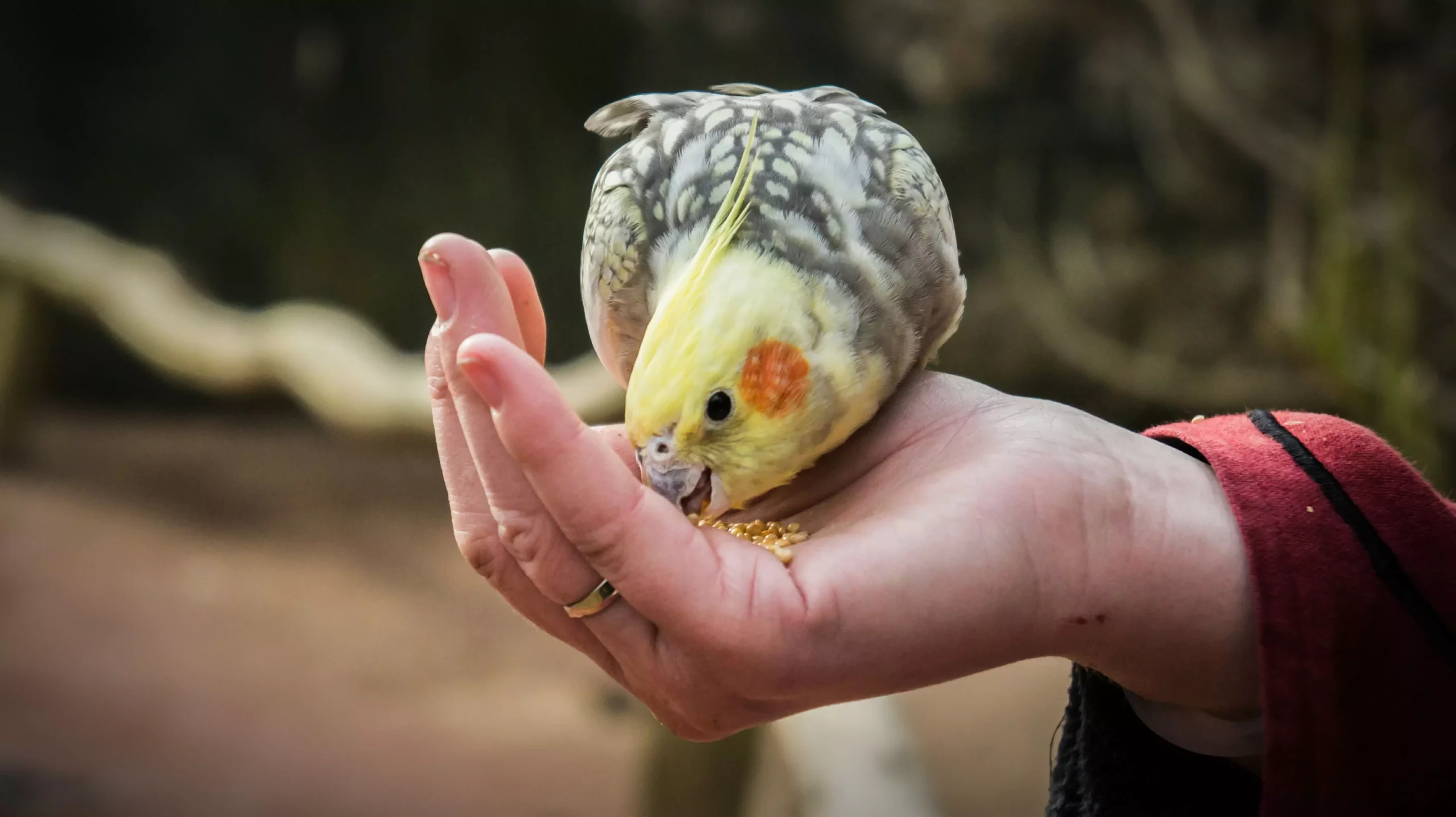For bird owners, the well-being of their feathered friends is often a pressing concern. When noticing an unexpected drop in weight, it can be alarmingly distressing. Such changes could signal underlying health issues that necessitate immediate veterinary intervention. In this article, we’ll explore the critical steps to take if you suspect your bird is losing weight and effective dietary strategies to promote weight gain under the guidance of an avian veterinarian.
If your bird exhibits signs of weight loss, the most crucial action is to consult an avian veterinarian without delay. Just like any pet, birds can experience a variety of health issues that may lead to weight fluctuations. They are particularly adept at hiding their ailments, making it vital for owners to act quickly at the first signs of trouble. A thorough examination by a licensed professional can identify any potential illnesses or diseases that could be causing the weight loss, which is an essential part of safeguarding your bird’s health.
Veterinarians are equipped with the knowledge and tools necessary to diagnose a range of issues. Depending on the results of the examination, they may provide recommendations specific to your bird’s health status. Following their advice is imperative, as self-diagnosing can lead to further complications. Even if no serious illness is found, you may still require guidance on the ideal dietary adjustments to help your bird regain weight.
Once you’ve ensured your bird’s health status is stable, the next step is to examine its diet. Birds can be notoriously picky eaters, often favoring specific foods and neglecting others. This behavior can lead to nutritional imbalances, especially if the favored options are not the most calorie-dense. Consequently, introducing a variety of high-calorie foods may be beneficial.
Peanuts, for example, are generally adored by many bird species for their taste, and they’re packed with both fats and calories. Including a handful of peanuts in your bird’s meal regimen can effectively increase its caloric intake, thus supporting weight gain. However, moderation is key—overconsumption could lead to other health issues such as obesity or excessive fat accumulation.
Similarly, sunflower seeds are another favored snack that can contribute positively to a bird’s diet. These seeds are high in fats and are usually well-received by various bird types. Additionally, millet spray can serve as a tasty treat that might entice your bird to eat more. Yet, caution is warranted due to millet’s lower nutritional value in comparison to other food sources.
Combining high-calorie treats with nutritionally balanced options is the most effective way to ensure your pet receives comprehensive nutrients. One popular approach among bird owners is to prepare “birdie bread,” incorporating millet and other healthy ingredients. This not only diversifies your bird’s diet but also ensures it receives vital vitamins and minerals necessary for overall health.
Moreover, using a high-quality bird scale to frequently monitor your pet’s weight can provide insights into the effectiveness of your dietary adjustments. It’s advisable to keep a weight log to track changes precisely. If you notice fluctuations—such as a loss or gain of an ounce or more—it’s prudent to consult your veterinarian again. Weight monitoring is crucial, especially since birds can experience rapid health changes.
Observing weight changes in your pet bird should never be taken lightly. Immediate consultation with an avian vet is essential to rule out health problems. Once health concerns are addressed, focus on dietary modifications that promote weight gain without sacrificing nutrition. Incorporating favored high-calorie foods while ensuring a comprehensive diet will set your bird on the path to recovery.
As a bird owner, it is your responsibility to maintain vigilant observation and regularly consult with professionals. A combination of dietary awareness and veterinary support will ensure your feathery companion remains healthy and thriving. Always remember, your bird’s well-being hinges on your careful attention to its dietary needs and health status.

